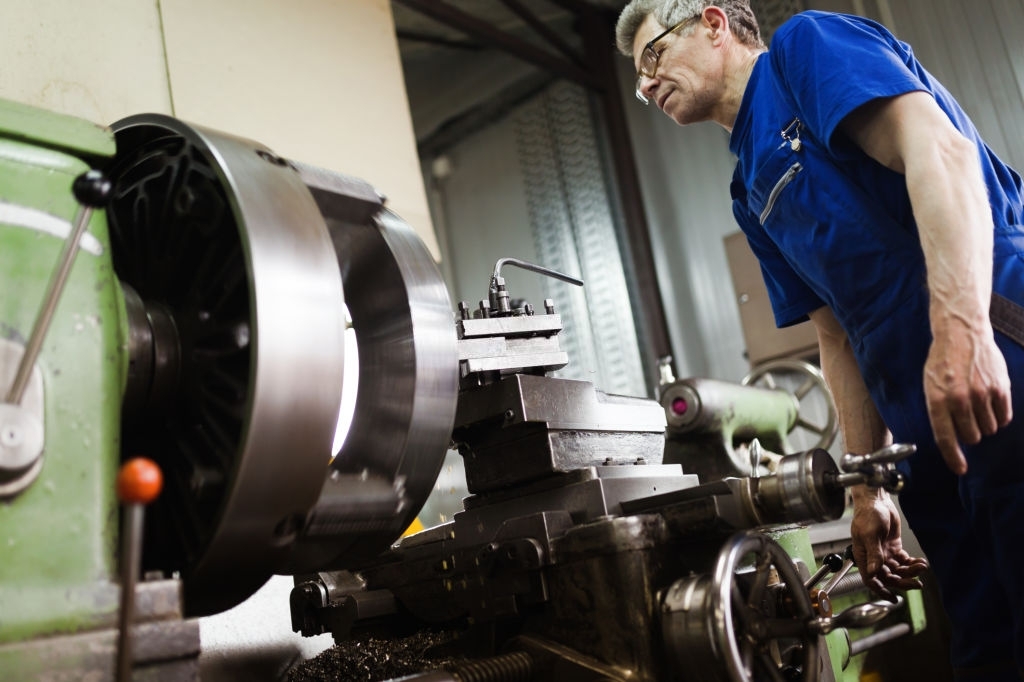Safe Handling & Disposal of Metalworking Fluid

Minimising contact with and maintaining clean fluids is important in protecting workers from potentially harmful effects. Having the right filtration system can play a major role in minimising bacterial growth, and reducing cuts and abrasions.
Good Practice Guide for Metalworking Fluids
The United Kingdom Lubricants Association (UKLA) has recently introduced a good practice guide for the safe handling and disposal of metal working fluid.
The maintenance of metalworking fluid (MWF) is absolutely essential to prevent ill health in machine workshops. The guide has been compiled in conjunction with the Metalworking Fluid Product Stewardship Group (MWFPSG) and the Health and Safety Executive (HSE), as well as advice from experienced workshop managers and medical experts.
The UKLA and HSE has recognised the need for workshops to take guidelines more seriously to manage metalworking fluid in order to reduce increasing risk of ill health in operators.
What are the Risks Associated with Metalworking Fluids?
The incorrect maintenance of water-mix metalworking fluids can cause ill health in operators working in machine workshops. For example, skin diseases (such as dermatitis) and lung disease (such as occupational asthma and occupational hypersensitivity pneumonitis) can occur, either as a result of their skin regularly coming into contact with metalworking fluids, or because they inhale metal working fluid mist and fumes.
Health risks rapidly increase when the composition of the metalworking fluid deteriorates in-use and becomes contaminated by tramp oil, soluble metals, metal fines, and microorganisms (bacteria, yeast and fungi). The overuse of biocides used to inhibit the growth of microorganisms in metalworking fluids also presents health risks to operators.
The Law Regarding Safe Fluids Handling
There is legislation regarding the maintenance of metalworking fluid, which is covered under The Control of Substances Hazardous to Health Regulations 2002 (COSHH). The law requires employers to carry out a suitable and sufficient risk assessment for those exposed to metalworking fluid, which must identify the measures required to ensure that exposure is either prevented or adequately controlled (i.e., kept to a minimum.)
How can Effective Control of Exposure to Metalworking Fluids be Achieved?
- Reducing skin contact with metalworking fluid
- Reducing the inhalation of metalworking fluid mist to levels that are “as low as reasonably practicable” (ALARP)
- Applying The Control of Substances Hazardous to Health Regulations 2002 (COSHH) principles of good control practice by:
- Designing and operating procedures and activities to minimise emissions and contact with metalworking fluid
- Choosing control measures that are proportionate to the risk and are the most reliable in minimising the escape and spread of metalworking fluid mist
- Checking and reviewing all control measures to ensure their continuing effectiveness e.g. the performance of Local Exhaust Ventilation (LEV) to minimise exposure to metalworking fluid mist
- If exposure to metalworking fluid (either by mist or contact with skin) cannot be adequately controlled, suitable Personal Protective Equipment (PPE) including Respiratory Protective Equipment (RPE) should be provided in combination with other control measures
- Informing and training all employees about the hazards and risks to health, and the use of control measures required to minimise exposure to metalworking fluid
- Remove fines using an appropriate filtration or separation system
Download our Metal Working Fluid Guidelines to learn more about how metal working fluids can be controlled effectively.
Find out more about Magnetic Filtration


 UK
UK